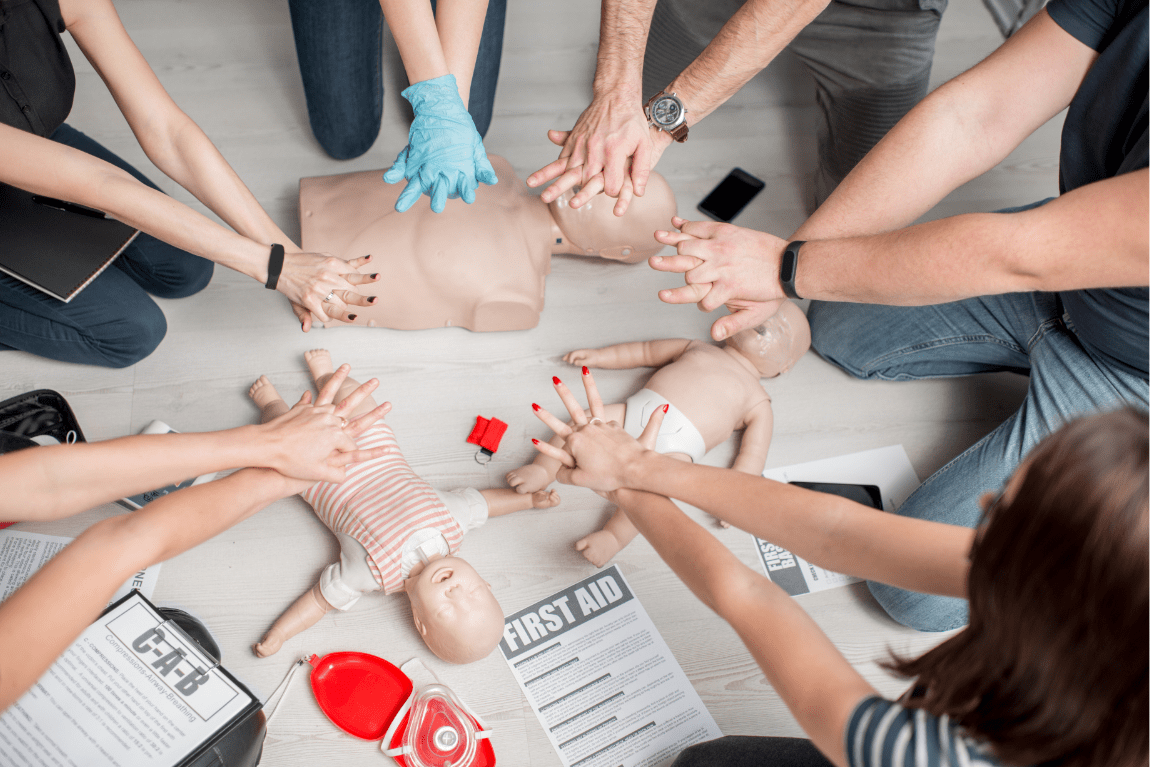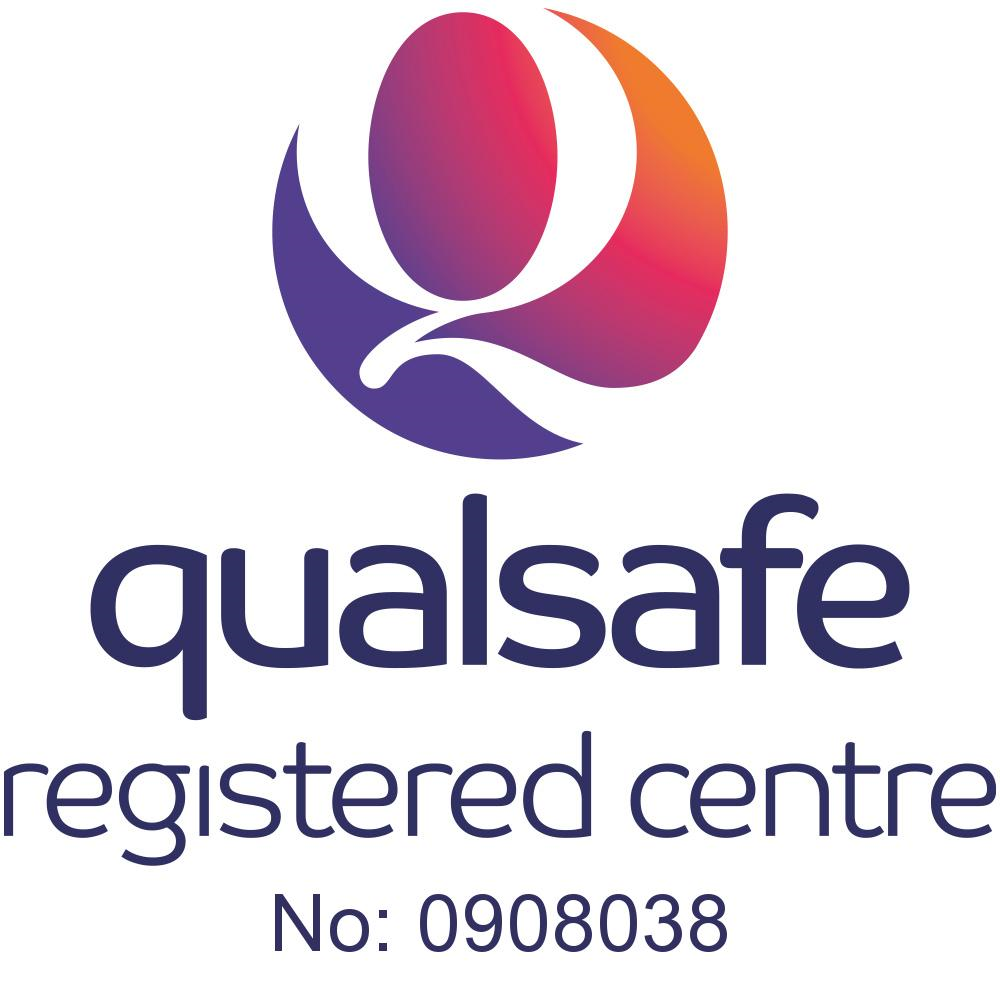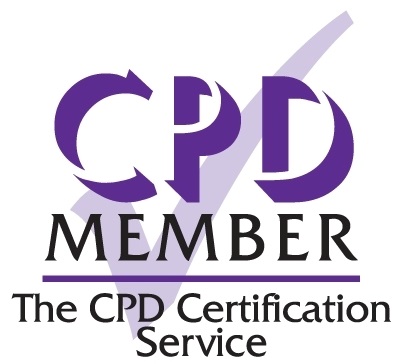Basic Life Support
Learning Outcomes
- Explain how to assess and prioritise a casualty appropriately
- State the key responsibilities and role of a first aider
- Identify levels of responsiveness and accurately gather a casualty’s history
- Describe the signs and appropriate responses to Stroke, Angina, and Heart Attack
- Explain how to treat bleeding, burns, shock, and understand the basics of post-traumatic stress support
- Demonstrate the correct steps for conducting a Primary Survey, delivering CPR, placing someone in the Recovery Position, and assisting a choking casualty
Aim
The aim of the Basic Life Support course is to provide delegates with the knowledge and practical skills required to respond effectively in emergency situations. This includes essential life-saving interventions such as CPR, placing a casualty in the recovery position, managing bleeding, seizures, choking, and shock.
Why Customers would Benefit from the Basic Life Support Training Course?
The Basic Life Support (BLS) Course is a must-have for anyone working in health, social care, or community support settings, where quick and confident action can make the difference between life and death. This training empowers individuals with the core emergency skills needed to respond effectively to a range of critical situations, including cardiac arrest, choking, severe bleeding, seizures, and shock.

Key Benefits for Customers:
Essential Emergency Response Skills
Learn how to assess an emergency scene, prioritise care, and take control during high-stress situations with confidence and competence.
CPR and Primary Survey Techniques
Gain hands-on skills in performing adult CPR, carrying out a Primary Survey (DR ABC), and placing a casualty in the Recovery Position.
Management of Common Life-Threatening Conditions
Understand how to recognise and respond to medical emergencies such as stroke, angina, heart attacks, bleeding, burns, and shock.
Support in Seizures and Choking Incidents
Learn how to provide safe and effective support to individuals experiencing a seizure or choking episode, including how to clear airways and protect from injury.
Preparedness for Mental and Emotional Aftercare
Understand the impact of trauma on both the casualty and the responder, with awareness of Post-Traumatic Stress and how to provide compassionate support after an incident.
Alignment with Workplace Responsibilities and First Aid Standards
Supports compliance with workplace expectations for basic first aid knowledge, CQC standards, and internal health and safety protocols.
Confidence in Your First Aider Role
Whether a formal first aider or a general team member, this course ensures learners feel ready to step in and support effectively in an emergency.
Let’s Talk About Your Training Needs
Our friendly team is ready to help you build the right training solution for your care setting.
Basic Life Support
Course
Basic Life Support
Level
2
Practical
Yes
Duration
2-3 Hours
Certificate Length
2 Years
Number of Delegates
12
What Our Customers Say About Us

Registered Manager
Residential Care Home

Domiciliary Care Provider
Residential Care Home


